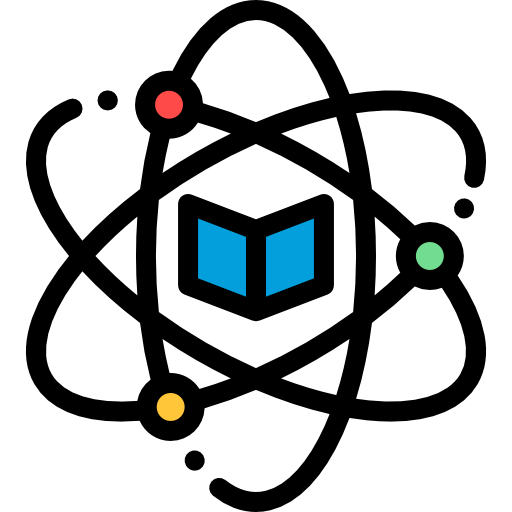Please proceed with your order so that we can facilitate taking your exam on your behalf. Click Here
AP Physics 2 focuses on the study of elementary particles, especially electrons, protons and neutrons, as well as the interaction between these particles. It introduces students to general relativity using real-world examples. A student can also elect to take AP Physics 2 in one of four categories: Physics, Chemistry, Biology, or Geography. Students should consider each of these four classes separately before choosing an AP Physics examination.
In the AP Physics examination, the student must demonstrate her or his knowledge of the physical laws of nature using real experiments. This will involve creating and manipulating mathematical models, performing experiments, analyzing results, and presenting the information for a test-taker to review. The student may be given a set of questions based on the content he or she has presented to the instructor.
As with any college class, the best way to succeed with an AP exam is to participate in all assignments. Students who take part in each assignment are more likely to pass the exam. This is true whether the assignment is for homework, reading comprehension, essays, practice tests, or quizzes.
In general, the student who participates in a single AP Physics test is better prepared than one who doesn’t. However, if the student is unable to complete all the assignments due to other commitments, the student should still attempt to take as many as possible in order to maximize his or her AP Physics experience. Exams may be done over a span of several weeks or even several months.
Some people who have AP Physics exams report feeling intimidated at the prospect of taking them. Others feel that they are overly cautious and can easily “over-strain” themselves by attempting too many AP exams. Although the exam demands a great deal of independent thinking and analysis, many students find that taking multiple AP exams is helpful when they have to demonstrate their understanding of physical phenomena to future employers.
Before taking the AP Physics exam, students should be aware that some of the questions used in the examination require more thought and effort than other questions. For example, in a typical practice AP exam, students are asked to examine how the relationship between a particular law of nature and a certain effect can change that law’s definition. In real AP exams, students may be asked to apply different theories about what happens in space and time to phenomena such as motion, energy, and light in order to prove their ideas.
The AP Physics examination includes a variety of other requirements, including an essay, which helps students understand the concepts used in the exam and demonstrate their ability to apply those concepts. In addition, AP examiners may evaluate the student’s written composition. Students should also be encouraged to complete an essay on the AP exam to demonstrate their interest in the topic and to show examples of their own scientific work.
AP Physics exams can help students improve their math skills and prepare them for higher level college classes. This exam demonstrates the student’s abilities, but it does not measure one’s academic potential. The student’s AP score is used by college instructors to determine whether a student can take calculus, physics, and other higher level courses in college.
Although AP exam scores do not directly impact colleges, many schools provide incentives for students to take the exam. AP courses count toward a student’s grade point average in many schools. For example, students who consistently score high on AP exams in subjects such as physics and chemistry earn higher grades in college. and generally receive lower grades on tests that are not AP-based.
Although AP courses are not required to enroll in college, they can benefit a student and help prepare him or her for a career in scientific research and teaching. Many professionals use AP examinations as a way to train for scientific careers and professional positions in higher education.


